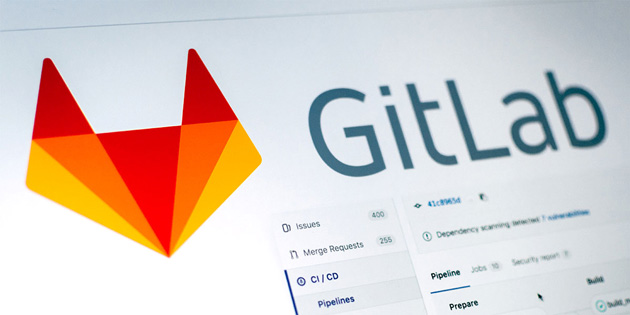What services do you use when you are creating software? There are many of them, but open-source code repositories are surely the first ones on this list. In this article, we are going to talk about the most popular source code repository hosts. So keep reading and stay with us to realize which one is the best for you.

GitHub git repository hosting
GitHub is a social repository for open source code projects that use Git for source code version control. It was launched in 2008. This host site is a distributed file version management system. The mission of GitHub is to make the development process quick and captivating, especially when a few individuals simultaneously are working on the same task.
Apart from being a good tool, GitHub is a large educational source. This service includes more than 28 million users and 57 million repositories. So let’s take a look at GitHub’s pros and cons.
GitHub Benefits
- Bug tracking
- Find your projects easily
- Meet new developers
- Share your experience
- Coordinate your projects together
- Integrated code search
- High compatibility
GitHub Drawbacks
Only premium users can use all GitHub repositories
Restrictions on file size
GitLab git repository hosting
A lot of people are worried that GitHub will lose its open-source roots. So people are looking at alternatives like GitLab. Similar to GitHub, GitLab is a git-based repository hosting platform. It was launched in 2011. GitLab is one of the best web platforms for hosting project source codes. From the start, GitLab wanted to distinguish itself from GitHub. So it created a single product for the entire DevOps lifecycle.
In GitLab tools like issue trackers, continuous integration, and continuous delivery are part of the product. GitLab provides a single interface to the whole DevOps life cycle. Today, GitLab is used by more than 100,000 organizations. Organizations like IBM, Sony, NASA, and Alibaba are using GitLab. Although GitLab is similar to GitHub in terms of functionality, it seems to be a better choice for teamwork than its famous counterpart, and GitLab features may be different somewhat.
Gitlab Benefits
- Free service
- Open source code repository
- Free hosting
- Files editing in the web interface
- LDAP integration
Gitlab Drawbacks
- The interface is rather slow
- Technical problems with repositories are quite frequent
BitBucket git repository hosting
BitBucket can be called a real worthy competitor to GitHub. Why BitBucket? Different operating systems support this platform. You just need to register on the official website and then you can create your personal account. In fact, it is based on a source code management mechanism. You can simultaneously use the code with integrated comments, and also make requests, manage and share your Git repositories.
It is possible to create a flexible deployment model for any team. Moreover, you can get access to private and public repositories without any difficulties.
BitBucket Benefits
- Free for small teams
- Query management system
- Authentication via GitHub
- Integrated JIRA tool
- Repositories importing Discounts for students and teachers
BitBucket Drawbacks
- Private repositories are free for a team with five members and fewer.
- The only way of search is to launch a repository and find it locally or use external apps.
- Not so stable as GitHub.
In fact, services are similar to each other since they serve the same goals and implement the same methods. And each of the three platforms has a few similar features like:
- Pull request
- Code review
- Integrated editing
- Bug tracking
- Markdown support
- Two-factor authentication
- API with extended features
- Forks/clones of repositories
- Snippets
- Integration of the 3rd party developers
Conclusion
As you can see, there is some difference between GitHub and GitLab as well as between BitBucket. Which one is better? It depends on your needs. Although GitHub is not open-source, it has the largest number of public open-source projects. If you’re working on open source projects, GitHub has a good track record. It is also the most popular git repository hosting platform. So you can expect to find lots of developers who are comfortable using GitHub, and its interface is faster. Due to free public project hosting, it is a social network for professional developers. Moreover, a captivating active account will help you find a good job since, in most cases, recruiters prefer candidates with an active profile on GitHub. But GitLab is a rising star. It’s a solution that provides more coverage for your software lifecycle. The tools you need for DevOps practices are integrated into the product. If you want a self-host, it’s an easier platform to use. So at the end of the day, your project requirements will determine your choice.

